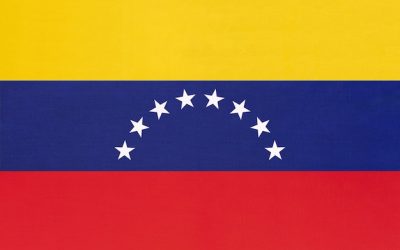Maple Ridge, BC is a model for efficient and transparent government, according to the FCPP.
Most Canadians pay more attention to federal and provincial politics than the municipal variety. We media do the same. That’s too bad, because while provincial and federal issues – health care, crime, unemployment, the environment, stimulus spending, war-making and so on – are sexier, it’s the local issues that have a more immediate impact on most Canadians’ daily lives. Concerns about roads, traffic and bus schedules, garbage collection, water treatment and sewers, parks and recreation, and police and fire protection are what really hit home.
Yet turnout for municipal elections is typically the lowest among the three levels of government; many simply shrug off local votes as unimportant. But according to Winnipeg’s Frontier Centre for Public Policy (FCPP), this indifference has led to a mishmash of local government efficiency across the country. With so few citizens and reporters paying close attention to the goings-on at city hall, accountability, transparency and efficiency are largely up to the goodwill and dedication of city councillors.
In the absence of smart, skilled councils, unions for civic employees and municipal bureaucrats can essentially take over a city’s administration. Competition for service provision between unionized, in-house departments and private contractors never materializes, so costs soar. But since so few voters bother to watch closely, no one demands that the policies change.
This lack of concern has also manifest itself in skyrocketing property taxes. As reported by the National Post’s Kevin Libin on Monday, property taxes across Canada rose 50% during the decade from 2000 to 2009, a rate almost double that of increases in federal and provincial personal taxes. During the same period, local politicians also raked in 63% greater transfers from Ottawa and provincial governments. It’s been a municipal spending spree with few counterbalances to hold it in check.
In its latest Local Government Performance Index, the Frontier Centre examined a whole host of local government spending and performance indicators, from firefighting budgets to infrastructure construction to transit service and recreational activities. It found that the level of efficiency and transparency among municipal politicians and managers varies widely across the country. But not surprisingly, the most open city governments were almost always also the best run.
Kelowna, B.C., and Port Coquitlam and Maple Ridge – both suburbs of Vancouver – were among the most efficient communities in the country and also among the easiest from which to obtain clear and accurate budget information. Airdrie, Alta., just north of Calgary; Markham, Ont.; and Cranbrook, B.C., received high marks for the way they were administered, too. But the FCPP found St. John, N.B.’s local government almost impenetrable. The same goes for that of Halifax; Steinbach, Man.; and several locations in Saskatchewan.
Good governance and accountability go hand in hand. Generally communities in B.C. received the highest ratings, while those in Saskatchewan and Atlantic Canada received among the lowest. Cities in Alberta and Ontario were generally in the middle of the pack.
Where mayors and councilors have taken it upon themselves to improve citizens’ access to timely, reliable budget information, improvements in local-government services has followed. Fortunately, the Frontier Centre has decided to help kick-start the accountability process. At its local performance index website, the Centre lays out budget and efficiency indicators for scores of Canadian cities and lets voters compare their municipalities with others across the country, as well as against local averages for their province.
It’s a small step toward improving local government, but a welcome one.


